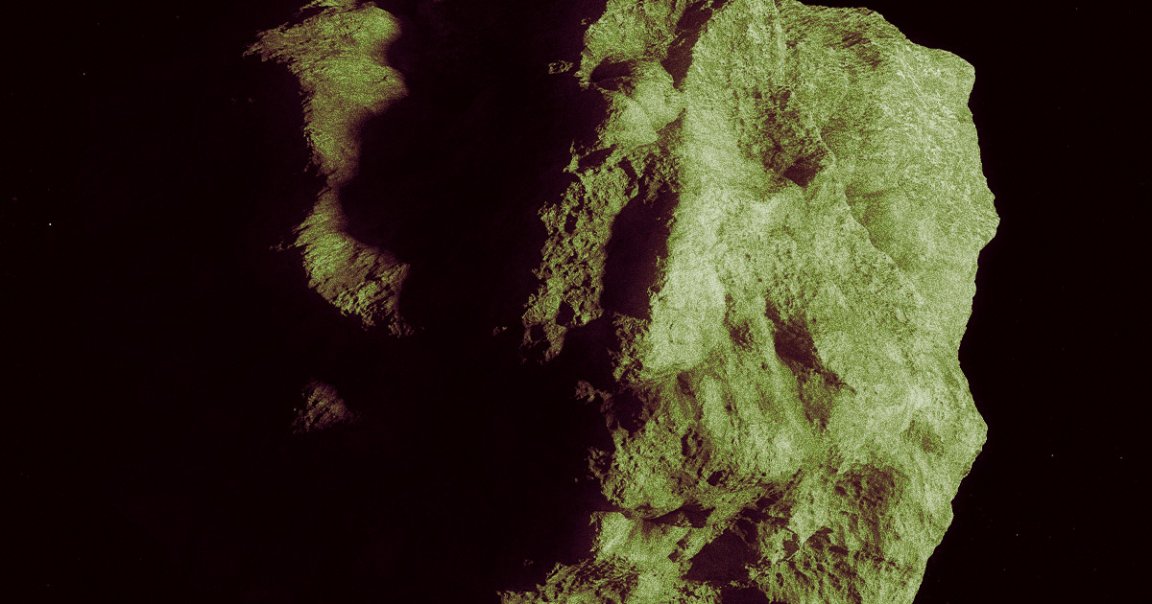
Live Ya Life
NASA’s first pass at samples taken from the Ryugu asteroid has revealed chemical compounds that lend credence to the theory that space rocks could have contributed to the development of life on Earth.
In a press release, the agency boasted that the samples it got from the Ryugu asteroid — taken by JAXA’s Hayabusa2 spacecraft, which got back to Earth in late 2020 — are rich with the kind of organic compounds necessary for life to flourish.
While that’s pretty cool, it’s important to note that while the Ryugu samples contain the building blocks for life, these compounds didn’t necessarily involve life in their creation.
Instead, they were likely the result of complex chemical reactions, as explained by the science of “prebiotic chemistry,” or the study of reactions that make up the ingredients of life.
“These molecules can be transported throughout the solar system, potentially dispersing as interplanetary dust particles after being ejected from the uppermost layer of the asteroid by impacts or other causes,” Hiroshi Naraoka of Japan’s Kyushu University, an expert in organic cosmogeochemistry who co-authored a paper on these massive findings published this week in the journal Science, said in the NASA release.
Old Heads
As the paper notes, the compounds found in the Ryugu samples may well be as old as our Solar System — or even older.
“The organic matter in Ryugu probably consists of primordial materials that formed during (or before) the early stages of the Solar System’s formation,” reads the paper.
In the release, paper co-author Daniel Glavin of NASA’s Goddard Space Flight Center noted that while these potentially life-giving compounds were present in the Ryugu samples, actual signs of life were not.
“Sugars and nucleobases (components of DNA and RNA) which have been discovered in some carbon-rich meteorites, have not yet been identified in samples returned from Ryugu,” Glavin said in the NASA press release. “It is possible these compounds are present in asteroid Ryugu but are below our analytical detection limits given the relatively small sample mass available for study.”
More on space samples: NASA’s Mars Rover Perseverance Just Dropped Off Its Last Sample